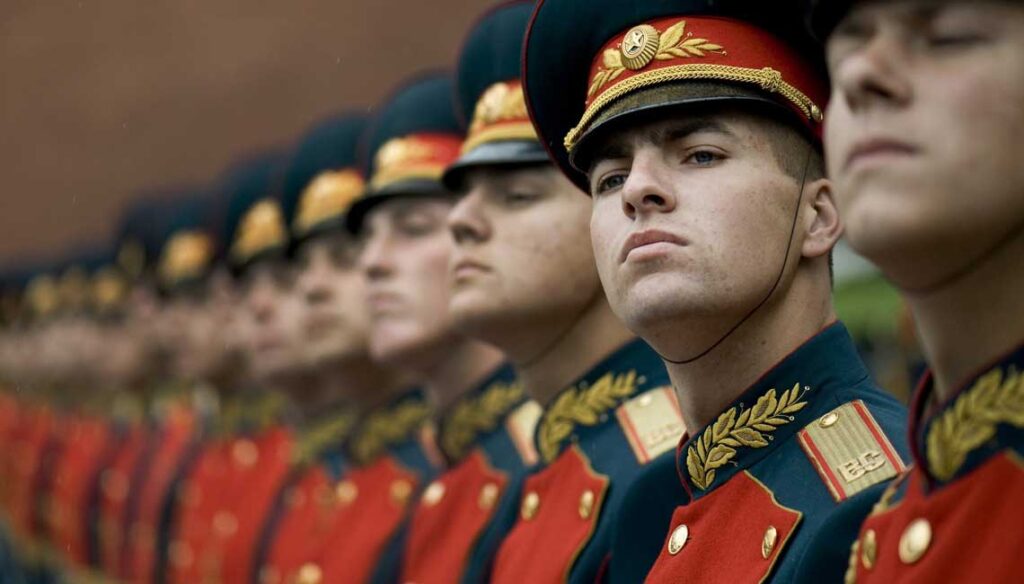
They already yelled at me a thousand times
The Northern Tigers
that I return to my land,
because I don’t fit here…
On April 25, 1846, the United States declared war on Mexico and thus began one of the most dramatic and painful chapters in history. Due to the North American expansionist policy, and the resistance of the Mexican government to sell the northern states, an armed intervention of more than 10,000 soldiers was carried out, who faced a powerful Mexican army. The war extended to Mexico City and, in 1847, peace was agreed upon through the Treaties of Guadalupe-Hidalgo, in exchange for ceding several states in northern Mexico to the United States.
The worst consequence of this confrontation was the thousands of dead young soldiers, who fell in the battles without the US army being able to recover their bodies to return them to their families. Hundreds of them could not recognize themselves. In 1851 the National Cemetery of Mexico City was built, and it was the first American cemetery in this city, and the first also established abroad to honor the soldiers who fell in the war of 1847.
It was an instruction from the United States Congress to gather the remains of the soldiers inside and to provide burial space for other dead of North American origin who died in Mexico. This cemetery stopped being used in 1923 to avoid its saturation. With a monument, the place of a mass grave of unidentified soldiers in the war is indicated. Inscribed there are the words: “To the honored memory of 750 Americans known but to God whose bones collected by their country’s order are here buried.”
In Mexico, when the Law for the Secularization of Cemeteries (1859-1861) was promulgated, the construction of cemeteries outside the cities was imposed as a hygiene measure, and this also gave space to the freedom of cults for funerals of other religions other than the catholic. The American community acquired, in 1898, land in the old Tacuba Hacienda to found the American Cemetery, in the same area the French, Israeli, German, and British pantheons had been built.
Foreign pantheons are an important part of the history of migrations because they help to remember people, their identity, the reasons for their displacement, and their relationship with the world where they lived for a while. To learn more about the history that links us, and at the same time does not separate us, in life and death, we leave you with these information #tools with interesting data:
- The National Cemetery of Mexico City is located in Colonia San Rafael, and today is administered by the American Battle Monuments Commission. It is open to public to be visited.
- Did you know that necrotourism is an activity whose purpose is to visit cemeteries to remember deceased people, commemorate their exploits, and understand more about the history and funeral customs of the world? Of course, respectful behavior is required of each visitor to avoid trivializing this experience.
- Since the war of 1847, it has been common to call Americans “gringo” in a derogatory way; but according to the Royal Academy of the Spanish Language, its origin is older and it means foreigner. In general, the speaker of a language other than Spanish is known as this.
- A popular myth says that in Mexico soldiers were called “green go”, “gringo” or “gringos” imperatively, because of the color of their uniforms and the instruction to leave the country; however, most of the army wore blue uniforms, casting doubt on this version.
- Other accounts affirm that the Mexicans took that name from a song that was played all the time among the North American soldiers called “Green grow the rashes“, a melancholic poem of youth, written by Robert Burns in 1783, here performed by the Band of Burns.
- Let us not forget that wars sow hatred between people, deepen differences, distance empathy, and are the seed of social discrimination throughout the world.
- The sad story of the soldiers who could not receive a funeral in their country of origin allows us to honor their memory and remember them from the distance of their graves. Fortunately, today we have transfer services to pay and carry out a close and fair tribute to any loved one, if necessary.
At Del Pueblo Funeral Home we know that wars are one of the main causes of death in the world and that it would be better to avoid them. For this reason, we share stories that help us not to repeat the past and to promote a whole life in an environment of peace. Thus, we remind you that we make the most difficult moments easy.
